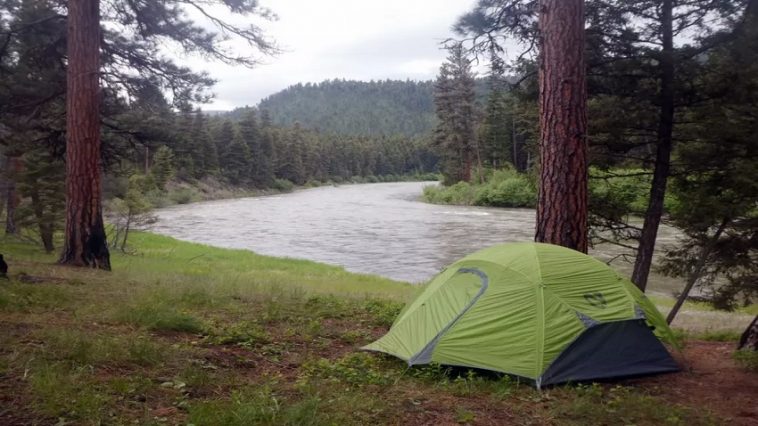Missoula, MT – Nearly 18,000 acres of former private industrial timberland in the lower Blackfoot River watershed could soon become public land, as the Bureau of Land Management (BLM) moves forward with its proposed acquisition. Last week, Missoula County signed a letter of support for the BLM’s plan to acquire the land in the Gold and Twin Creek drainages, located northeast of Missoula.
The proposed acquisition covers critical land in the Crown of the Continent ecosystem, connecting to other public lands to the south. The acquisition aims to protect valuable wildlife habitat, provide opportunities for outdoor recreation, and potentially support a future sustainable timber industry in the area.
Chet Crowser, the chief lands and communities officer for Missoula County, expressed confidence that acquiring the land would have long-term benefits for the community. “These are some of the former commercial timberlands that The Nature Conservancy acquired back around 2015,” said Crowser. “The BLM has been working with the Blackfoot Challenge and other community groups to identify public acquisition opportunities, and this is just the latest in a series of BLM acquisitions in the Blackfoot.”
The area’s location within the Crown of the Continent is crucial to its ecological value, offering habitat and connectivity for a variety of big game species, large carnivores, and other wildlife. The county also highlighted the potential for significant public access to the land, providing opportunities for wildlife viewing, hunting, and other recreational activities.
With over 60% of Missoula County already covered by public lands, local officials argue that these lands play a pivotal role in sustaining local economies, particularly through restoration and active management. The county’s support underscores the belief that public ownership of the land will enhance both conservation and potential economic benefits, especially in light of recent challenges facing the timber industry.
The timber sector in the region has been struggling with the closures of major local mills, including Pyramid Mountain Lumber and the Roseburg plant. These closures led to job losses and a shift in forest management practices. However, Crowser believes that acquiring the properties could help ensure that the forested landscapes continue to provide a sustainable wood products supply, should the industry recover in the future.
“This is a 17,000-acre acquisition,” Crowser noted. “The BLM has already completed several environmental assessments to evaluate the acquisition process and its impact on the Blackfoot over time. This continued support for BLM’s acquisition work is an important step forward.”
In addition to the environmental and economic benefits, the proposed acquisition holds particular significance for the Confederated Salish and Kootenai Tribes. The county’s letter of support acknowledges the BLM’s recent efforts to engage the Tribes in the management of these lands, emphasizing the importance of upholding the responsibilities under the 1855 Hellgate Treaty.
“We strongly support the continuation of this important work,” the letter stated.
As the BLM moves ahead with its acquisition plans, the support from Missoula County and local stakeholders signals a shared commitment to protecting the region’s natural resources and ensuring that public lands continue to provide benefits for future generations. If successful, the acquisition will further expand the network of public lands in the Blackfoot River watershed, enhancing habitat connectivity and fostering sustainable forest management in the region.



